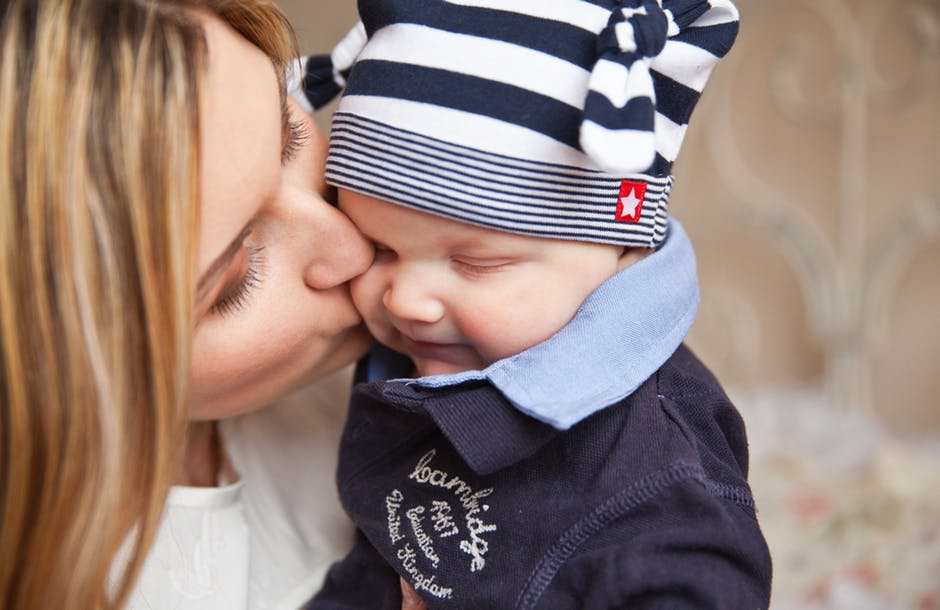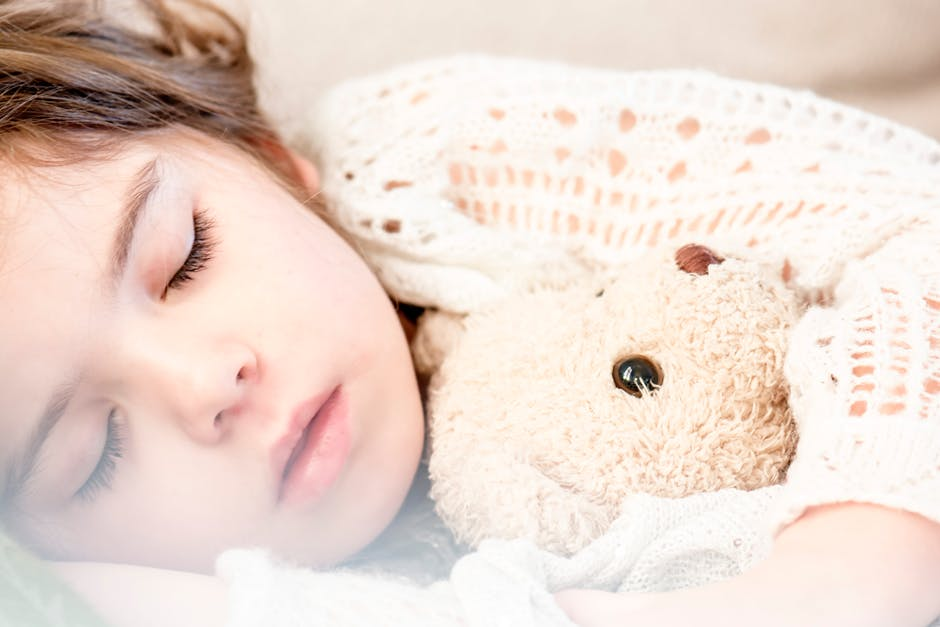Helping children combat sleep anxiety
 Source: https://www.pexels.com/photo/close-up-of-teenage-girl-256657/
Source: https://www.pexels.com/photo/close-up-of-teenage-girl-256657/
Tips to help you help your little ones get a good night’s sleep
As a parent, it’s a public matter that the biggest nightly challenge you need to face is to get your kids to bed, stay there, and sleep. Of course, it’s difficult, but it’s one of the things that you need to do as a parent.
One study shows that almost thirty percent of children, aged 3 to 7 years old, struggle to sleep and stay asleep every night. And, anxiety is the main culprit.
Children have a harder time controlling their emotions if they don’t get enough amount of sleep and they become hyper or irritable. Although it’s not easy, it’s paramount that you do everything in your power to help your child get the amount of sleep she or he needs.
Children and Their Fears
 Source: https://stocksnap.io/photo/PBB9OXS18X
Source: https://stocksnap.io/photo/PBB9OXS18X
The typical speeches would be “Don’t leave me please!”, “Five minutes more!” or “Stay with me!” These things could be normal among children, but you shouldn’t tolerate it.
All children experience a phase wherein they’re having difficulty sleeping. The reasons could be being afraid of the dark, dolls coming to life, imaginary monsters under the bed, bad guys could break in, etc.
Going to the bathroom alone is also a problem because someone at school started the “Bloody Mary in the mirror” stories that invoke your child’s imagination. As a result, he perks up in the middle of the night, and you’re up too.
While it’s enticing to comfort your child that everything’s fine, the chances are you already know it’s not working, and it doesn’t work.
Whether your child is five or fifteen, the approaches below will help your child overcome and take charge of his or her fears
Start with Pillow Talks
 Source: https://www.pexels.com/photo/baby-royalty-free-mothers-day-tenderness-67663/
Source: https://www.pexels.com/photo/baby-royalty-free-mothers-day-tenderness-67663/
Perch on your child’s bed, nestle beside them and have a conversation with them. Talk about what she or he is thinking and everything that will set a relaxing mood.
However, you need to set some limits. When you say that it’s time to go, it’s time to go. Don’t fall into the trap of them whining and telling you to stay or to sleep with them.
Gently tell your child that you want to spend more time with him or her, but you can’t linger too long. Listen to their qualms but avoid talking too much. Occasionally, listening alone allows your child to resolve his or her worries.
Let Your Child Self-Regulate In the Bedroom

Source: https://www.pexels.com/photo/girl-sleeping-with-her-brown-plush-toy-101523/
First of all, your job as a parent is not to make your kids go to sleep but put them to bed. There’s a fine line between the two.
Set a consistent wake-up time with an alarm clock. If your child can’t sleep, let him or her read in bed. Make sure to keep the lights dim or off.
Ditch the Stimulants

Source: https://www.pexels.com/photo/coffee-tea-table-restaurant-29612/
Keep your child from drinking energy drinks and caffeine-rich drinks. Beware with covert stimulants in chocolate drinks too.
Sleeplessness and anxiety are side effects of medications too. These pills include Attention Deficit Hyperactivity Disorder (ADHD) medications and over-the-counter medications for cold and flu. If you’re hinting that the medications of your child are part of the problem, make sure to call the attending physician and ask for some advice before you stop them.
Teach Your Kids To Give Their Worries Away

Source: https://stocksnap.io/photo/HA3JD0XRX2
In Guatemala, there’s a tradition of educating the children on how to leave their worries by using colorful dolls called trouble dolls or worry dolls. The children confide their worries to the dolls then put their dolls under their pillows.
According to the traditional folklore, the doll accepts all the child’s fears to make the child sleep peacefully. They are affordable and are available online.
You can pitch the same scheme of teaching your child to let go of his or her worries by using inanimate objects like stuffed toys, stuffed animals or dolls that you already have.
Regulate More Melatonin

Source: https://www.pexels.com/photo/feet-cute-flower-child-36793/
Melatonin is a feel good hormone in the body that gives you that drowsy and sleepy feeling. Melatonin supplements are effective in regulating the sleep cycle of your child back on track.
Melatonin is effective in bringing your child into good slumber. Unfortunately, it doesn’t help much for those kids who wake up in the middle of the night. There are limitations and risks in using melatonin supplements, so be sure to consult your child’s pediatrician before using over-the-counter supplements.
Takeaway
Getting your little angels to sleep better is the holy grail of parenting. Though it’s just one of the many challenges that parents face every day, it’s still important that you teach your kids the importance of independence and courage as early as possible. And the best venue to do this is to start right at their mattresses. Help your child overcome his or her fears, be the most supportive and helpful parent.
Author Bio:
Rachel Minahan is an interior designer by profession and a budding writer at the same time. She spends the majority of her time attending her business and writing for her blogs. Rachel is also fond of keeping tabs on the latest health and design trends. She also has a soft spot for children, especially those with anxieties at a very young age.

